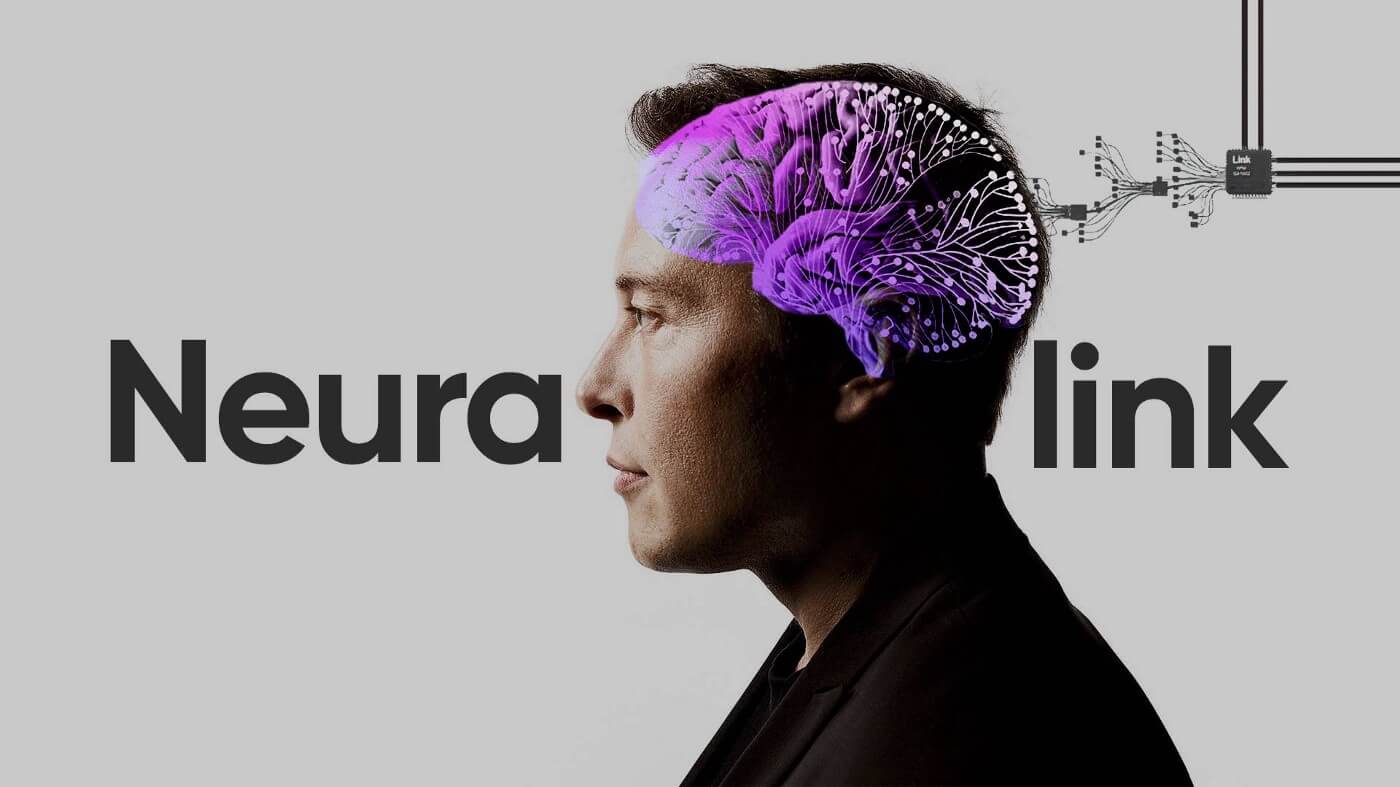The first human patient received an implant from brain chip startup Neuralink on Sunday and is recovering well, the company’s billionaire founder, Elon Musk, said.
“Initial results show promising detection of neuronal spikes,” Musk said in a post on the social media platform X on Monday.
The spikes are the activity of neurons, which the National Institutes of Health describes as cells that use electrical and chemical signals to send information throughout the brain and body.
Last year, the U.S. Food and Drug Administration cleared the company to conduct the first trial testing the implant in humans. This is a crucial step in the startup’s ambitions to help patients overcome paralysis and various neurological diseases.
In September, Neuralink announced it had been cleared to recruit for human trials.
The study uses a robot to surgically place a brain-computer interface (BCI) implant in a part of the brain that controls movement intention, Neuralink said previously, adding that the initial goal is to teach people to use a computer cursor or control a computer keyboard. Allow yourself to be alone with your thoughts.
According to Neuralink, the implants’ “ultra-thin” wires help send signals to participants’ brains.
Neuralink’s first product would be called Telepathy, Musk said in a separate post on X.
The startup’s PRIME study is a test of the wireless brain-computer interface to evaluate the safety of the implant and surgical robot.
Neuralink did not immediately respond to a Reuters request for more details.
The company has faced calls for an overhaul of its security protocols. Reuters reported earlier this month that the company had been fined for violating U.S. Department of Transportation (DOT) regulations on the transportation of hazardous materials.
The company was valued at about $5 billion last June, but in late November, four lawmakers asked the U.S. Securities and Exchange Commission to investigate whether Musk misled investors about the safety of his technology after veterinary data showed implant-related problems in monkeys included paralysis, seizures, and swelling of the brain.
Musk wrote in a social media post on September 10 that “no monkey has died from a Neuralink implant.” He added that the company had selected “incurable” monkeys to minimize risks to healthy monkeys.

